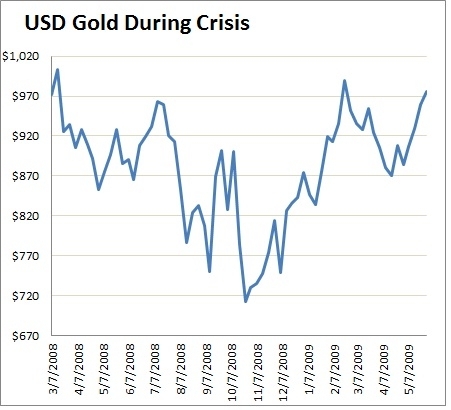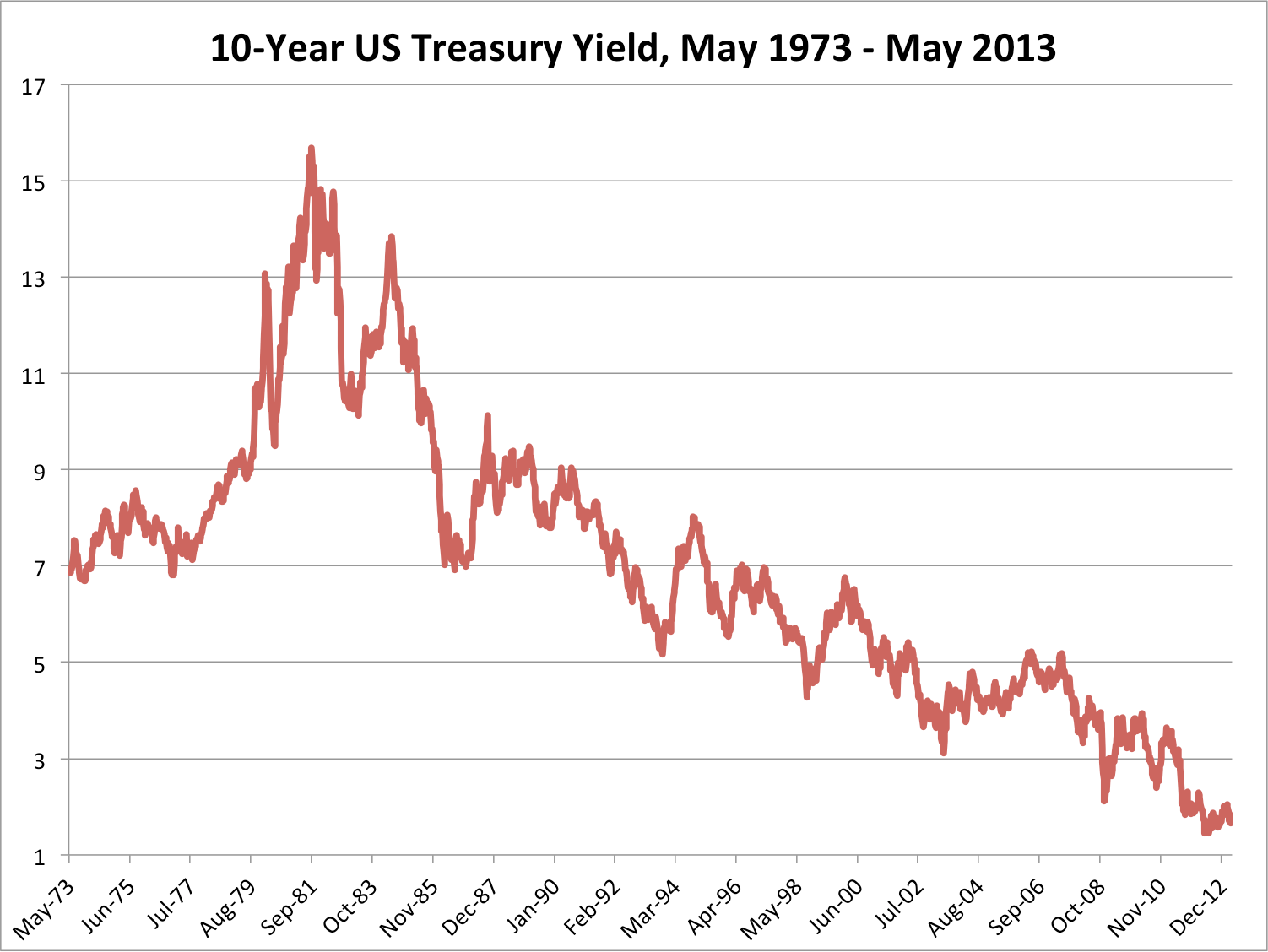Hey all,
First, a Happy and Healthy Holiday season to you all.
Quick question, I think. DW and I are 50 with plans on ER in 4-6 years. We are maxing 401K's, and now have the ability and are focusing like a laser, to sock away as much after-tax savings as possible. This will help fund our "gap" before 401k's are available.
We are putting this into to various Fidelity funds, ETF's, etc..., and that's all good. But, I know I need and want to have 1-2 years in expenses saved in case of a market down-turn. The question is, how do I apportion this other savings bucket? Do I do it concurrently with the other dollars I am already investing with Fidelity? For instance, every month do I set aside 50% for cash and and 50% to investments? Or, because my time horizon is not VERY short-term, should I keep as much as possible with equity exposure and then harvest profits bit by bit to put in money markets, CD's etc...
I know the idea of cash is to NOT have it exposed to the market but I am trying to enact the most efficient method of saving for this as possible and leave as little on the table as possible.
Oops, maybe not such a quick question. Thanks much for any insight.
First, a Happy and Healthy Holiday season to you all.
Quick question, I think. DW and I are 50 with plans on ER in 4-6 years. We are maxing 401K's, and now have the ability and are focusing like a laser, to sock away as much after-tax savings as possible. This will help fund our "gap" before 401k's are available.
We are putting this into to various Fidelity funds, ETF's, etc..., and that's all good. But, I know I need and want to have 1-2 years in expenses saved in case of a market down-turn. The question is, how do I apportion this other savings bucket? Do I do it concurrently with the other dollars I am already investing with Fidelity? For instance, every month do I set aside 50% for cash and and 50% to investments? Or, because my time horizon is not VERY short-term, should I keep as much as possible with equity exposure and then harvest profits bit by bit to put in money markets, CD's etc...
I know the idea of cash is to NOT have it exposed to the market but I am trying to enact the most efficient method of saving for this as possible and leave as little on the table as possible.
Oops, maybe not such a quick question. Thanks much for any insight.


